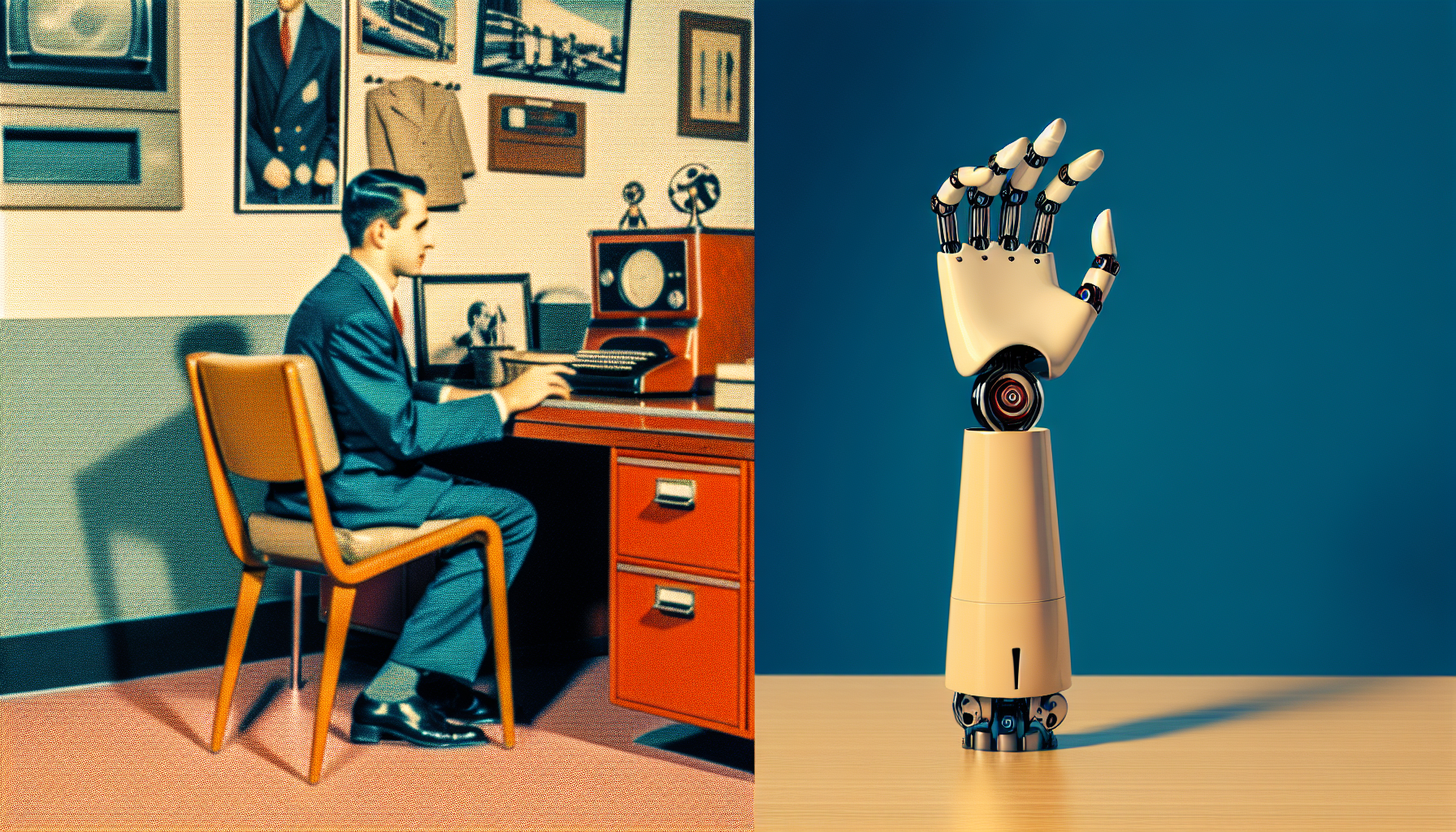Once upon a time, the question, “What do you do?” was simple. In a bustling world of professions, factories, and fluorescent-lit offices, what you did was synonymous with who you were. But with Artificial Intelligence on the horizon, edging us towards a post-work society, we’re on the brink of redefining what gives life its meaning. It’s a philosophical crossroads: if we’re no longer needed for labor, then what?
The Age of Automation
Let’s face it. Machines have been taking over our jobs since before we knew what “Wi-Fi” meant. The Industrial Revolution gave us spinning jennies and steam engines; now, AI promises us algorithms smart enough to write novels, drive cars, and maybe even cook better than mom (but don’t tell her that). As AI continues to integrate into industries from healthcare to arts, the disruption of traditional work is not a matter of “if” but “when.”
This impending post-work society isn’t necessarily a dystopian nightmare where we sit, unemployed, staring at our robotic overlords. Rather, it’s a chance to reconsider these pesky existential questions that have bugged us since we started asking them: Who are we without work? What is our purpose?
Reconnecting with Meaning
In a society where the question shifts from “What do you do?” to “What do you value?” we’re forced to engage with our deeper aspirations and desires. A post-work society can empower us to invest in what truly enriches our lives. Instead of merely equating productivity with purpose, we have the chance to explore a richer tapestry of what life can be. It’s like being handed a book where we’ve always read the same chapter—here’s your chance to thumb to a new page.
The proposition is simple yet profound: when liberated from the necessity of work, we can chase our passions, contribute to our communities, nurture our relationships, and find or create meaning outside the nine-to-five grind. We might even consider giving art a shot, though your scribbles may look more abstract than impressionist. But hey, that’s the point—finding beauty, fun, and fulfillment in new endeavors that alive without the angst of financial survival.
A Community of Purpose
Of course, some might say this is all well and good if you’re sipping lattes at a café funded by a universal basic income (UBI), but what about the social and economic structures we’ve come to rely on? Here, AI might once again serve us, not as a replacement but as a companion in fostering communities that are resilient and purpose-driven.
Imagine a neighborhood where social tasks are distributed based on passion rather than necessity. Where virtual assistants ensure no one is left isolated in their homes, and AI can help us balance grocery loads rather than bank accounts. Sociologists and policymakers must reimagine urban planning and community interactions to emphasize human connectivity over transactional relationships.
The Ethics of Leisure
As much as this might sound like a utopian weekend forever extended, we can’t ignore the ethical dimensions. How do we ensure meaning is accessible to all in a post-work world? It’s one thing to philosophize about meaning when you have resources; it’s quite another when existing disparities are widened by technology.
Ensuring equitable access to the opportunities a post-work society affords will be a complex balancing act involving government policy, corporate responsibility, and perhaps a sprinkle of community activism. While AI takes on the drudgery of labor, it’s up to us humans to enforce fairness in participation and benefit.
Where AI Meets Humanity
And now we arrive at the crux of AI and human coexistence. In stripping away the mechanics of work, we’re left with just us—fallible, curious, passionate humans asking big questions. AI might handle our rote tasks, but it cannot decide what makes our hearts sing or what stories we choose to tell. Meaning and purpose are deeply human endeavors, relying on our shared history, complex emotional landscapes, and the quirky unpredictability of human interaction.
As AI takes away the hassles of our mechanical existences, maybe it’ll nudge us to grapple with these pressing questions. If nothing else, perhaps when we next chat with an AI assistant, we could delight in asking it about the meaning of life. While it crunches numbers and data sets, we realize—the journey to defining purpose in a post-work society was never about the destination. It was about the conversations, the laughter, the connections made along the way. In the end, whether it’s philosophizing over an algorithm’s unintended joke or learning how to paint that masterpiece, it’s finding joy in those moments that makes us, well, us.

Leave a Reply